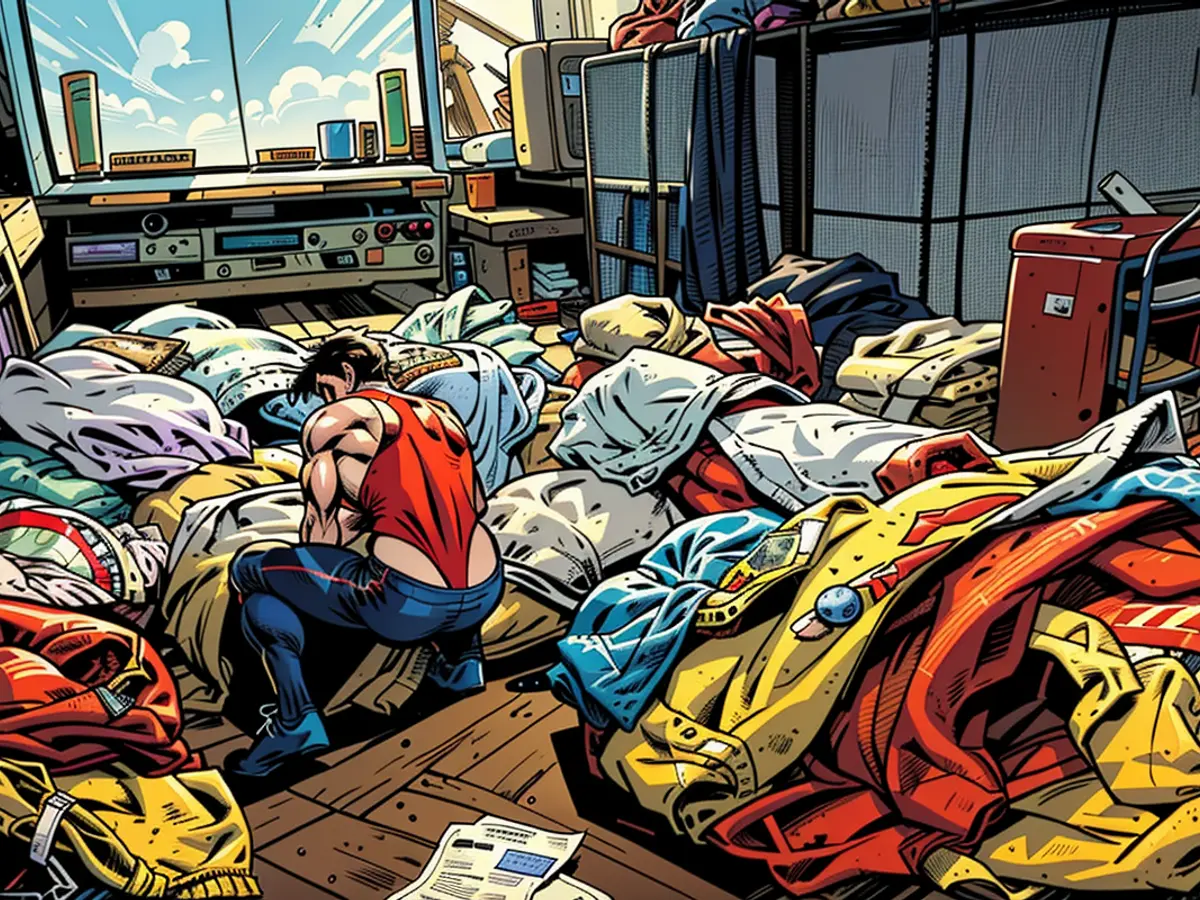Athletics - Profound destruction from counterfeit articles and unlawful streaming.
When it comes to football, There's no room for this type of behavior – it would earn you a red card. However, some consumers seem to think counterfeiting sports equipment and illegal streaming are acts of courtesy. These actions, however, have serious consequences for rights holders and manufacturers in the European Union.
Did you know that these behaviors cause significant harm in the EU every year? A study by the European Union Intellectual Property Office (EUIPO) reveals these shocking facts. The EU's intellectual property industry is battling deception and fraud. Play Fair is the name of the campaign launched by the EU agency in Alicante, Spain, ahead of significant sporting events like the European Football Championship in Germany, the Olympic Summer Games in France, and the Tour de France. The EUIPO's Executive Director João Negrão says, "We're all looking forward to a summer filled with thrilling competitions, and fair play is crucial – not only for the athletes on the field but also for the spectators at home."
Counterfeiting isn't a victimless crime – just look at the numbers. 12 percent of people in the EU have watched or streamed sports content from illegal sources, with 9 percent in Germany. In the age group of 15-24 years, 27 percent of people in the EU and 21 percent in Germany have watched illegal online sports broadcasts. Bulgarian youths are leading the pack, with 47 percent.
To ensure consumers don't end up with an illegal streaming provider, they can use the tool Agorateka from the EUIPO. It helps consumers find legal content specific to their country.
At these major sporting events, there are a lot of dollars and millions of viewers and consumers. Pirates see an opportunity here. Illegal online streaming affects various types of content, including sports events. The EUIPO states that losses due to media piracy reach a staggering €1 billion each year.
Counterfeit sports goods don't just cause financial damage to European manufacturers; they also impact the livelihoods of people. These manufacturers face €850 million in annual losses – that's 11 percent of their industry's turnover. Excluding footwear and sportswear, which constitute a large part of counterfeit clothing, their total value in Europe is estimated to be €12 billion annually.
Young Europeans are prime targets for counterfeiters, as evidenced by the study on consumer attitudes and behavior regarding intellectual property. 10 percent of consumers aged 15-24 years in the EU have knowingly bought counterfeit sports equipment online – in Germany, it's 11 percent. Police have seized counterfeit sports goods worth €120 million across Europe.
If you think your purchase of counterfeited sports articles is a harmless act, think again. Emma Terho, chair of the Athletes' Commission of the International Olympic Committee, warned last year during an EUIPO conference, "When fans illegally stream live sports broadcasts, the entire funding mechanism of the Olympic movement, which relies on solidarity, is jeopardized." Media rights will lose value, rendering them useless.
There are consequences beyond financial losses. Counterfeiting also causes economic and social damage. The EUIPO highlights these negative outcomes, including job losses and a decrease in the worth of brands. Additionally, these counterfeits may not meet European health, safety, and environmental regulations, putting consumers at risk. Research suggests counterfeit sportswear can fail at critical moments and may even contain dangerous substances.
Therefore, fair play is essential – not just for the athletes but also for all parties involved in the industry. So, as we gear up for an exciting summer of sports, let's remember the importance of supporting the sports we love through legal means.
Read also:
- Counterfeit consumer goods, such as sports equipment, are a significant issue in the EU, causing annual losses of €850 million for manufacturers.
- During major sports events like the European Football Championship in Germany and the Summer Olympics in France, illegal streaming and counterfeit sports goods become prime targets for criminals.
- The tourism industry in Alicante, Spain, during the European Football Championship, could be negatively impacted by fake sports apparel and illegal streaming.
- In Europe, the sale of counterfeit soccer balls and jerseys for the Summer Olympics in France is a concern for rights holders and manufacturers.
- German consumers may be unknowingly purchasing fake sporting goods, as 11% of 15-24-year-olds have bought counterfeit sports equipment online.
- With the rise of streaming platforms, piracy in sports events like the Tour de France in France has become a problem, causing damage to the EU economy with estimated annual losses of €1 billion.
- The fake sporting goods market is not limited to clothing and equipment; even branded streaming services have been targeted by counterfeiters.
- EU regulations on product safety and environmental standards may not be met by counterfeit sporting goods, putting consumers at risk and potentially damaging the reputation of well-known European football teams, like those competing in the European Football Championship.








